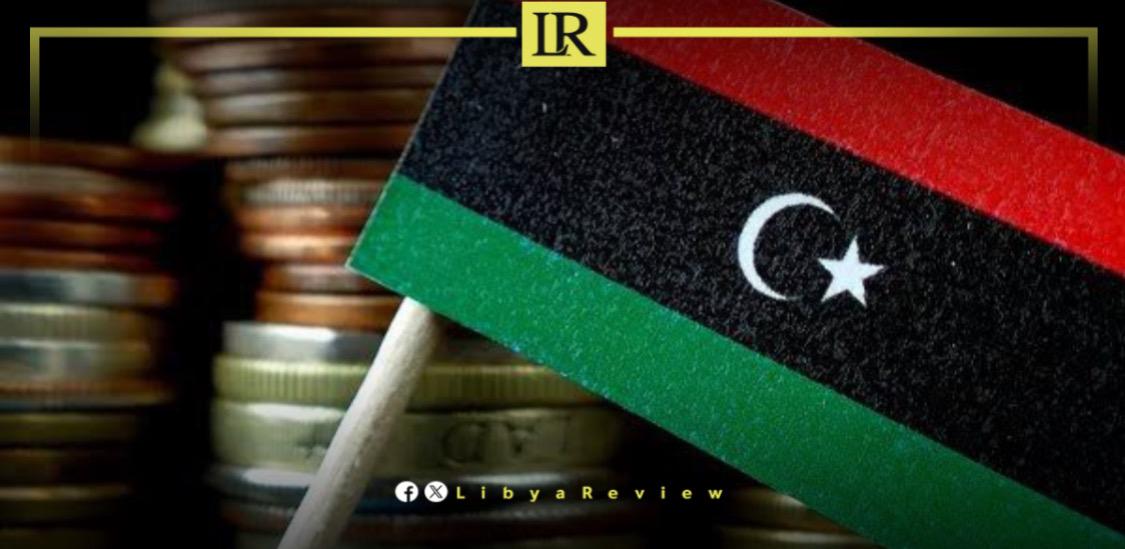A German analytics website, Statista, predicts a consistent rise in Libya’s Gross Domestic Product (GDP) at current prices between 2024 and 2029, totaling a seven-billion-dollar increase, an overall growth of 14.52%.
According to Statista, by the year 2029, Libya’s GDP is expected to reach $55.19 billion, marking eight consecutive years of economic growth. The website emphasises that this forecast uses nominal GDP figures based on the national currency converted to US dollars.
Statista explains that these GDP calculations are influenced by the annual average market exchange rates, representing the total value of goods and services produced within the country over the year.
This steady economic growth indicates significant developments in Libya’s economic landscape, suggesting a resilient recovery and sustained expansion over the upcoming years.
Libya has been in chaos since a NATO-backed uprising toppled longtime leader Muammar Gaddafi in 2011. The county has for years been split between rival administrations.
Libya’s economy, heavily reliant on oil, has suffered due to the ongoing conflict. The instability has led to fluctuations in oil production and prices, impacting the global oil market and Libya’s economy.
The conflict has led to a significant humanitarian crisis in Libya, with thousands of people killed, and many more displaced. Migrants and refugees using Libya as a transit point to Europe have also faced dire conditions.
The planned elections for December 2021 were delayed due to disagreements over election laws and the eligibility of certain candidates. This delay has raised concerns about the feasibility of a peaceful political transition.
Despite the ceasefire, security remains a significant concern with sporadic fighting and the presence of mercenaries and foreign fighters. The unification of the military and the removal of foreign forces are crucial challenges.


